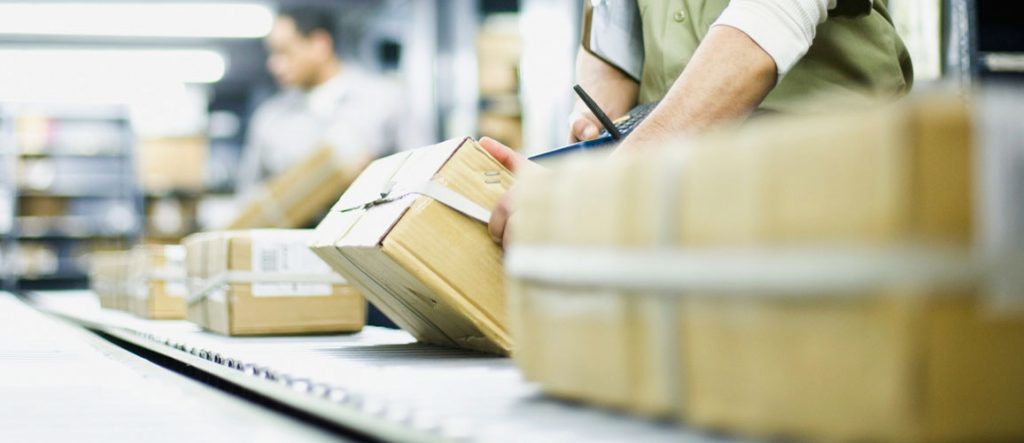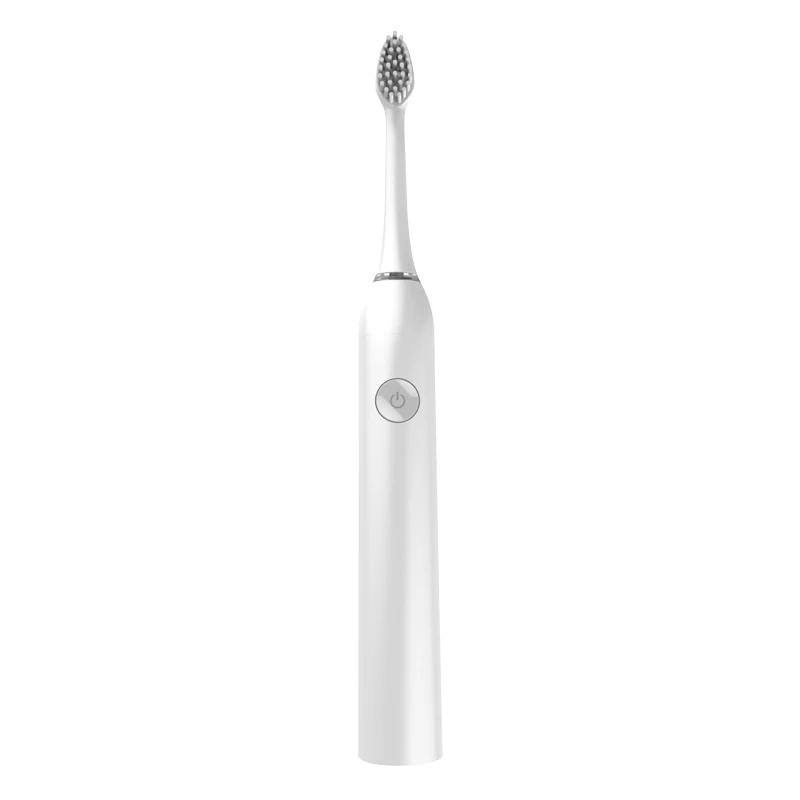southeast asian countries find it difficult to replace manufacturing in china

CHINA MANUFACTURING REPLACEMENT?
Manufacturers in China have been hit hard in the trade war between the United States and China. Production lines are gradually being moved to other manufacturing countries to avoid the tariffs applied to products made in China. The world is waiting to see which Asian country can replace China and be the world's next workshop.
But is it possible for any developing country in Asia to accept this job? The answer, for the moment at least, could be no. A recent Bloomberg report has revealed to us that no nation can replicate China's success in manufacturing. However, these Asian countries are becoming "mini-Chinas".
Countries like Vietnam , India or Indonesia are trying to take advantage of its advantages to develop and advance rapidly. But they have been trapped by structural problems, such as inadequate infrastructure or political instability.
Currently, no economy has the means to put itself in the place of China. Many have a cheap labor advantage, but except for India , all lack the scale of China. In addition, they all face challenges in other aspects of competitiveness.
CHINA'S ADVANTAGES IN MANUFACTURING ARE HARD TO BEAT.
What has China done to become the largest and most successful workshop in the world?
The first thing that determines the position of China is its enormous land area and its gigantic population . China is the fourth largest country in the world, with a total land mass of 9,597 million km². Furthermore, China is the most populous, with a population of about 1.386 billion. As a result, we find that China has a large workforce, which forms the basis of its industry of massive industrial manufacturers.
Similarly, China has a really advanced infrastructure network. China ranked 26th on the World Bank's Logistics Performance Index in 2018. China's figure is much higher than that of Southeast Asian manufacturing countries, and this is a reality.
For importers , a reliable logistics infrastructure network is of vital importance, as they have to ship products from factories to the hands of customers in all regions of the world. With a convoluted network of factories, suppliers, logistics and transportation services, China can ship goods with high efficiency and demand.
SOUTHEAST ASIAN COUNTRIES CAN ONLY BE "MINI-CHINAS"
If you have been importing from China for a long time , but you plan to transfer your production to another country in Southeast Asia, you will find it difficult to adapt to the manufacturers that you will find in these countries. You should know that your new manufacturing points can only become "mini-Chinas", at best.
Some importers have found that the work culture outside of China is very different. Taking Vietnam as an example, "Xianghu", a Chinese manufacturer , said that Chinese workers are more skilled and willing to work overtime to finish orders on time. But in Vietnam, people will not do this.
As for India, even with a large population and lower cost of labor, the country is far from assuming the role that China currently has. Poor infrastructure, high transaction costs and old labor laws have made it impossible for large industries to transfer their production to India.
The same has happened to Indonesia. Indonesian President Joko Widodo explained that his country has failed to attract factories from China, because investors continue to distrust cumbersome local regulations, something that we are seeing continues to this day.
On the other hand, and no less important, new technologies are changing the nature of global production and supplies. This makes “becoming China” even more difficult for developing countries in Asia.
The largest e-commerce platform in China, Alibaba , is now protecting the intellectual properties of brands using blockchain. This makes manufacturing in China safer than in other Southeast Asian countries.
CONCLUSIONS IN RELATION TO THE CURRENT POSITION OF CHINA AS A "FACTORY OF THE WORLD"
China remains the destination for most manufacturing projects , at least for the near future. This is mainly due to its relatively high number of skilled technical workers, low production costs, and the delivery and supply chain infrastructure that currently exists.
However, even if countries like Vietnam, Thailand, Cambodia or India are not yet ready to compete directly with China, they will be able to compete in niche manufacturing categories . The key to successfully importing products from these countries lies in identifying the core strengths of specific industries where they do have more potential.
As a professional manufacturer of electric toothbrush and oral irrigator / water flosser, Shenzhen Relish provides various types of electric toothbrush wholesale and OEM customized services. You can also wholesale water flosser from Relish at factory price. We can provide you highly competitive prices and look forward to working with you.

- All comments(0)

 日本語
日本語 Español
Español Deutsch
Deutsch 中文
中文




